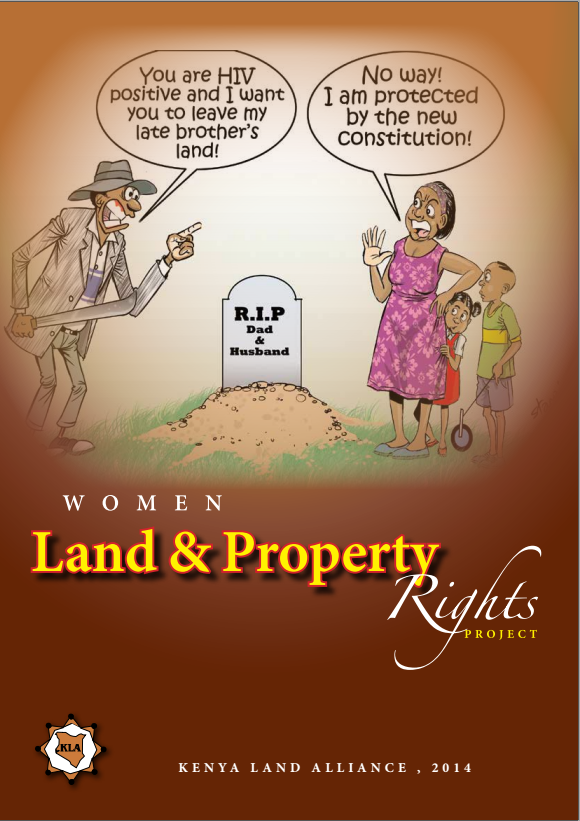Options Paper 1: Group operations on government owned land
The paper situates group ownership within the evolution of the land reform programme. The paper presents a group ownership and operations continuum which ranges from informal occupation of state land and production through to more formally structured and regulated production systems and tenure arrangements.



